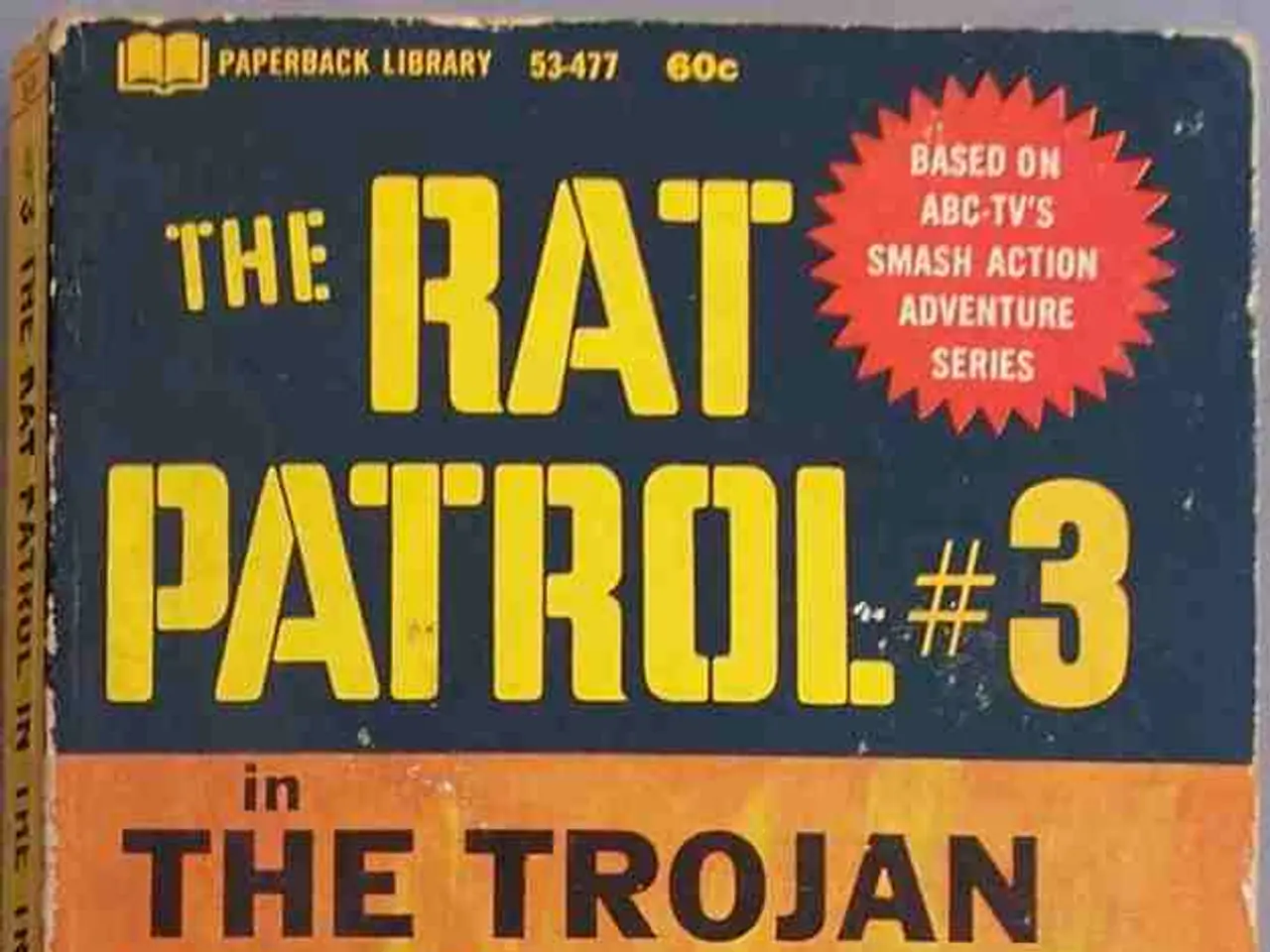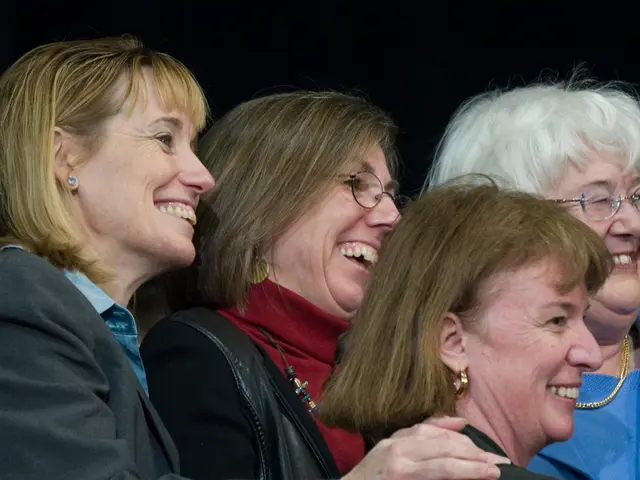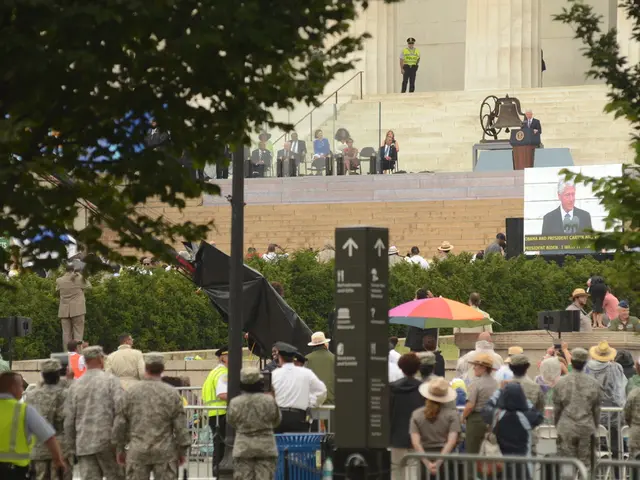International Perspective Critiquing UN's Lapses in Handling Ukraine War, Iran-Israel Conflict, Emphasizing Necessity for Change
The United Nations (UN), conceived in the aftermath of the bloodiest conflict in modern history, has been a beacon of multilateralism for over seven decades. However, the geopolitical order reflected in the UN Charter is more than half a century out of date, and the organisation's structure and composition have remained unchanged since 1965.
The UN Charter, which governs the UN's operations, has not been updated to reflect the current geopolitical order. This antiquated charter still adheres to a geopolitical order that no longer exists, posing challenges in addressing contemporary issues effectively. The UN was created to ensure peace, not after wars end, but the world in which the UN Security Council was created no longer exists.
Today, military policy is increasingly governed by individual temperaments instead of a wider international framework, leading to unilateral actions and stalled decisions that hinder multilateral responses and indirectly reflect on the UN's ability to act decisively under a rules-based order framework. The UN has traditionally helped limit the power of rogue actors, but recent years have seen certain powerful member states undertake unilateral actions or block consensus on key issues within or related to the UN.
These unilateral moves strain alliances and can impede consensus at the UN where broad agreement is needed. For instance, at a recent EU summit, important issues such as condemning genocide in Gaza, further supporting Ukraine, imposing sanctions on Russia, and other international actions were blocked or postponed, undermining multilateral responses and indirectly reflecting on the UN's ability to act decisively.
The world population has grown significantly since the last update to the UN Security Council in 1965. Dozens of new countries have emerged, yet the UN Security Council's structure and composition have remained unchanged. This lack of representation and adaptation to the changing world population and political landscape poses a challenge to the UN's effectiveness and legitimacy.
The UN Security Council's design as a forum for the most powerful nations to negotiate peace has been tested in recent years. The Council's structure and composition have remained unchanged despite the changing world, which has led to a growing disconnect between the UN's mandate and its ability to address contemporary issues effectively.
The ASEAN communiqué also expresses concern over unilateral actions globally and growing geopolitical tensions, calling for adherence to multilateral treaties like the Nuclear Non-Proliferation Treaty. This underscores how unilateral behaviors by states can weaken multilateral security regimes that the UN plays a role in facilitating.
In summary, the UN, designed as a forum for multilateral decision-making, is facing challenges in adapting to the changing world. The unilateral behavior and vetoes by some member states within UN mechanisms impose limitations on the organisation's capacity to act decisively, leading to paralysis or delays in UN action on conflict resolution, sanctions, and peace operations. This results in a less stable world governed by mood instead of multilateral decision-making, emboldening conflict parties, reducing coordinated response effectiveness, and weakening the international rules-based order.
It is crucial for the UN to modernise and adapt to the changing world to maintain its role as a beacon of multilateralism and a guardian of peace and security in the 21st century.
- The antiquated UN Charter, rooted in a geopolitical order that no longer exists, requires an update to reflect the current international climate, as the military policy and general-news landscape have drastically changed since its inception.
- The lack of adaptation in the UN's structure and composition, such as the UN Security Council, prevalent since 1965, hinders the UN's ability to address contemporary issues effectively due to insufficient representation and the exclusion of emerging political entities in the realm of diplomacy and politics.








